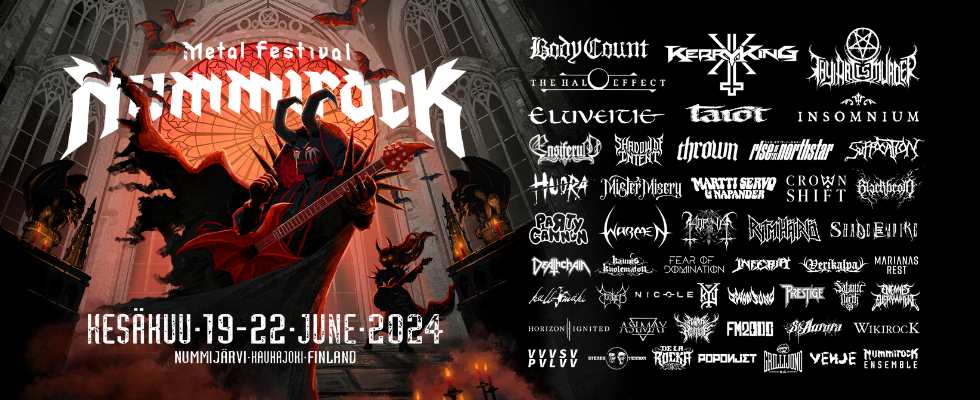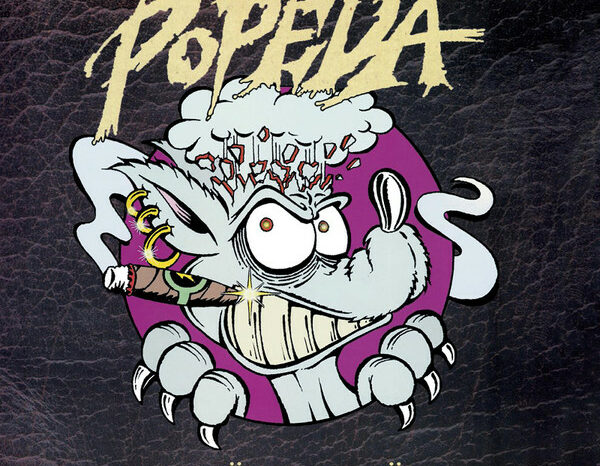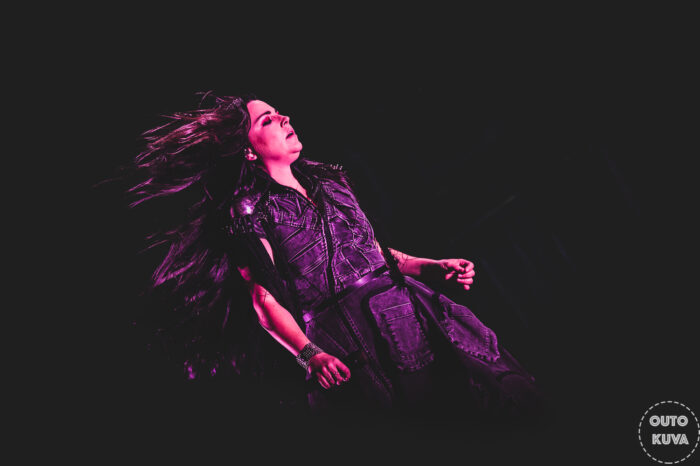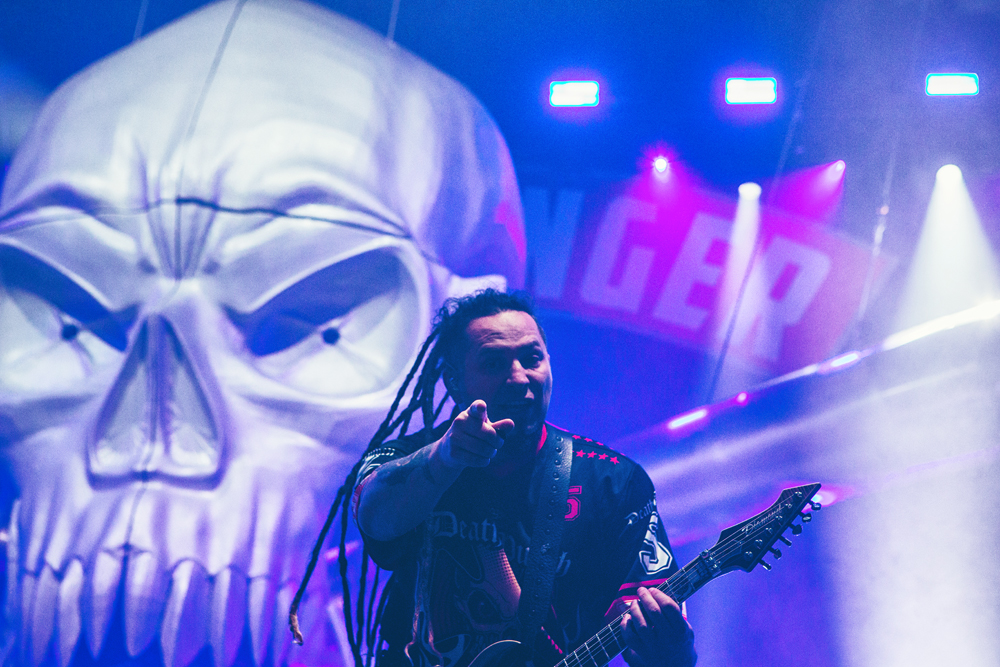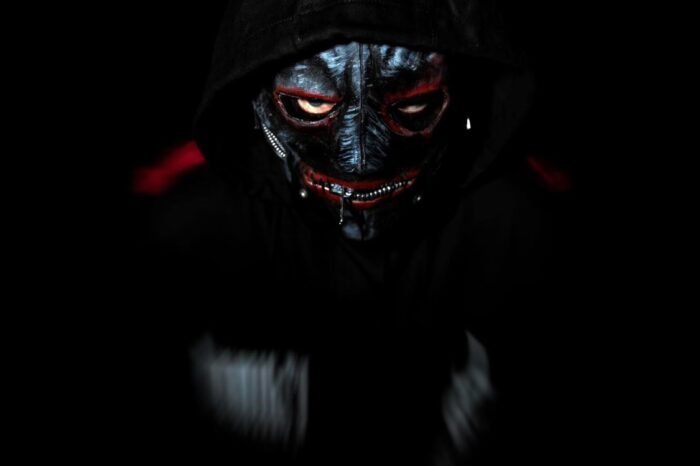Linkin Parkin Mike Shinoda muistelee tuoreessa haastattelussa miljardin kuuntelun rajapyykin YouTubessa ylittäneen ”In The End” -kappaleen syntyä
Julkaisimme sivustollamme hiljattain uutisen, jossa kerroimme yhdysvaltalaisen rock-yhtye Linkin Parkin yhden suurimmista hiteistä, ”In The End”, ylittäneen YouTubessa kunnioitettavan miljardin striimin rajapyykin. Toinen yhtyeen laulajista, Mike Shinoda, on antanut aiheesta Rock Sound TV:lle haastattelun, jossa on muistellut kappaleen syntyä pienessä treenikämpässä Hollywoodissa. Miken mukaan biisi syntyi yhdessä yössä, kun hän jäi treenikämpälle nukkumaan ja soitti seuraavana aamuna biisin demon ensimmäistä kertaa bändin rumpalille Rob Bourdonille, joka oli kappaleesta heti innostunut. Mike kertoi kappaleen synnystä seuraavaa:
”We were rehearsing in this little room in Hollywood. And when I say ’Hollywood,’ it was the grossest part of Hollywood. At the time, Hollywood and Vine had prostitutes and drug dealers. And there was a taco shop on the corner, an all-black hair salon next door, a grocery store with a Korean couple who ran that on the corner, and a bunch of Scientologists. There was a place that was calling itself a reading center, to teach you how to read, but all of the books were Scientology books, which is really kind of dark. And that was the place where we found a rehearsal room that we could afford. And we were writing it there. And we were working on our show and our songs there. And I decided to stay overnight in that building, and I wrote ’In The End’. And I think Rob Bourdon [drums] was the first one to show up the next day for rehearsal, and I played it for him, and he was freaking out.
Artikkeli jatkuu mainoksen jälkeenMainos päättyyThere’s a weird battle with hopelessness and the ephemeral nature of time and our lives that the song is really about. And what’s so odd about the song is it’s almost talking about these things and saying, ’I don’t have any answers.’ ’Cause usually a song isn’t about having no answers, right? It just kind of runs itself around in a circle, lyrically. And especially as a young person, that’s just how I felt — that’s how we all felt. We didn’t know what to make of things, and, in a sense, that’s still what goes on today. It’s a timeless and universal thing.
It’s also easy to ’Monday Morning Quarterback’ these types of things where you go, ’Okay, it’s popular, so this is why it’s popular.’ You can’t say, ’This is what will be popular,’ and then make that thing. [Laughs] You can only do it after the fact. The fact is that, yeah, it’s been one of our biggest songs, it’s been our biggest song for a long time.”

